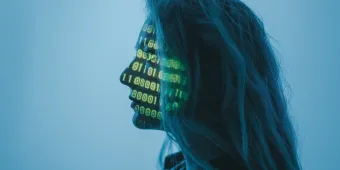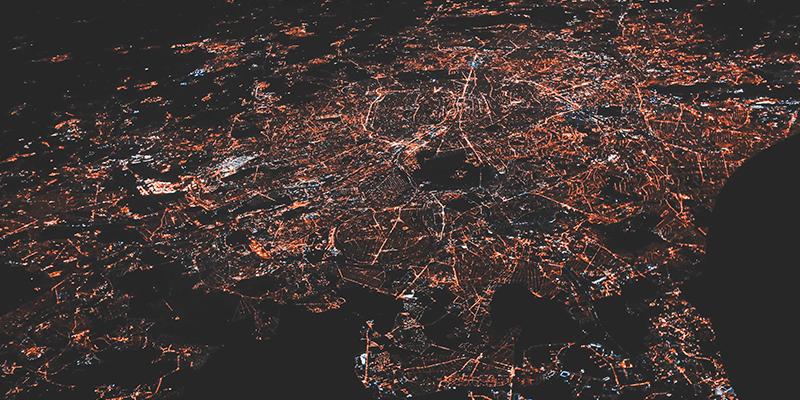Does the UN need a watchdog to fight deepfakes and other AI threats?

Does the UN need a watchdog to fight deepfakes and other AI threats?
Dr Jean-Marc Rickli, Head of Global and Emerging Risks at the GCSP, wrote an article in the National.
The Security Council will meet soon to scrutinise the challenges posed by artificial intelligence, but it must work with scientists, the private sector and civil society if it wants to succeed
Less than a month after Russia's invasion of Ukraine, a video surfaced on social media that purportedly showed Ukrainian President Volodymyr Zelenskyy urging his soldiers to surrender their arms and abandon the fight against Russia. While the lip-sync in the video appeared somewhat convincing, discrepancies in Mr Zelenskyy's accent, as well as his facial movements and voice, raised suspicions about its authenticity.
Upon closer examination, a simple screenshot revealed that the video was indeed a fake – a deepfake. This marked the first known instance of a deepfake video being utilised in the context of warfare.
Deepfakes are synthetic media, including audio, images, or videos, that have been manipulated and altered to falsely portray individuals saying or doing things they never actually did.
On June 5, Russian President Vladimir Putin declared martial law and military mobilisation in the regions bordering Ukraine, announcing these measures through various Russian radio and television networks. But it was soon discovered that Mr Putin's speech was also a fabrication – a deepfake broadcast through hacked TV and radio channels. The deepfake was so convincing that it prompted Russian officials in the Belgorod region to issue warnings, cautioning the population against falling prey to the deepfake's intended to “sow panic among peaceful Belgorod residents”.
The rise of deepfakes serves as a vivid illustration of the exponential growth of artificial intelligence and the challenges it poses to both national and international governance. Deepfake technology, fuelled by the invention in 2014 of generative adversarial networks (GANs) – a type of machine learning framework – aims to create new content by pitting two neural networks against each other in a competitive fashion.
Dr. Jean-Marc Rickli is the Head of Global and Emerging Risks at the Geneva Centre for Security Policy (GCSP) in Geneva, Switzerland. He is also a research fellow at King’s College London and a non-resident fellow in modern warfare and security at TRENDS Research and Advisory in Abu Dhabi. He is a senior advisor for the AI (Artificial Intelligence) Initiative at the Future Society at Harvard Kennedy School and an expert on autonomous weapons systems for the United Nations in the framework of the Governmental Group of Experts on Lethal Autonomous Weapons Systems (LAWS). He is also a member of The IEEE Global Initiative on Ethics of Autonomous and Intelligent Systems and the co-chair of the NATO Partnership for Peace Consortium on Emerging Security Challenges Working Group.
Disclaimer: This publication was originally published in The National News. The views, information and opinions expressed in this publication are the author’s/authors’ own and do not necessarily reflect those of the GCSP or the members of its Foundation Council. The GCSP is not responsible for the accuracy of the information

